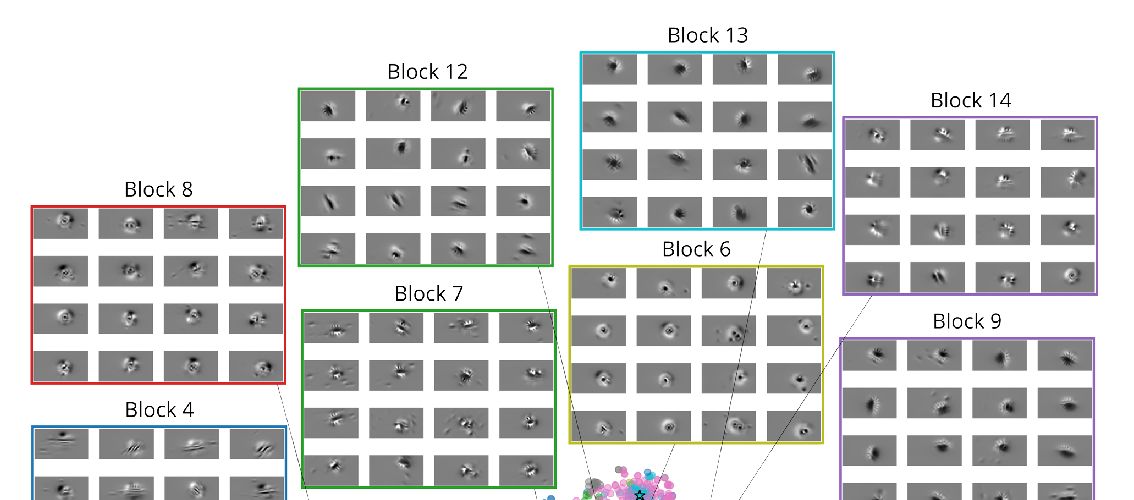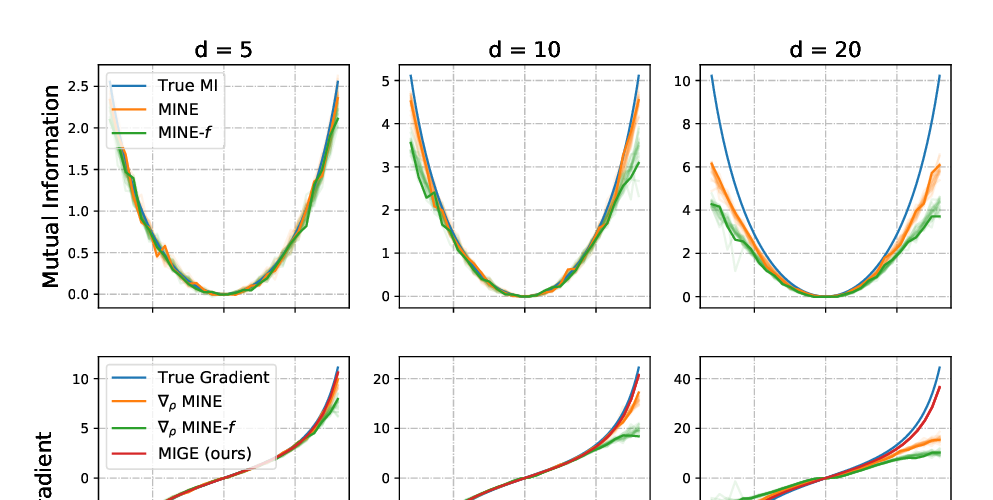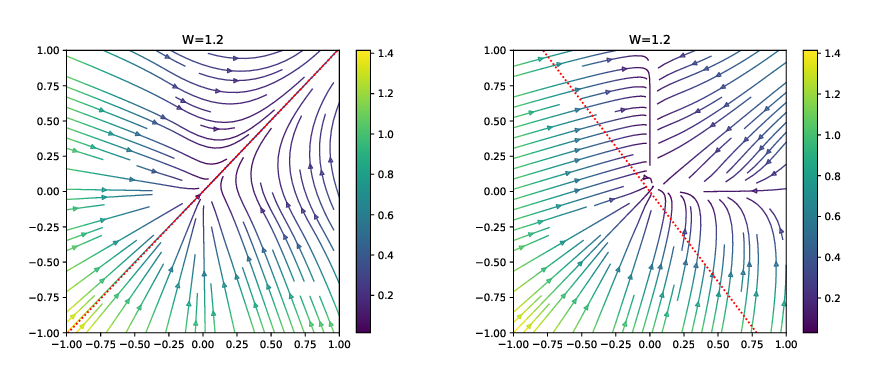Abstract:
We propose a new framework for reasoning about information in complex systems. Our foundation is based on a variational extension of Shannon’s information theory that takes into account the modeling power and computational constraints of the observer. The resulting predictive V-information encompasses mutual information and other notions of informativeness such as the coefficient of determination. Unlike Shannon’s mutual information and in violation of the data processing inequality, V-information can be created through computation. This is consistent with deep neural networks extracting hierarchies of progressively more informative features in representation learning. Additionally, we show that by incorporating computational constraints, V-information can be reliably estimated from data even in high dimensions with PAC-style guarantees. Empirically, we demonstrate predictive V-information is more effective than mutual information for structure learning and fair representation learning.



